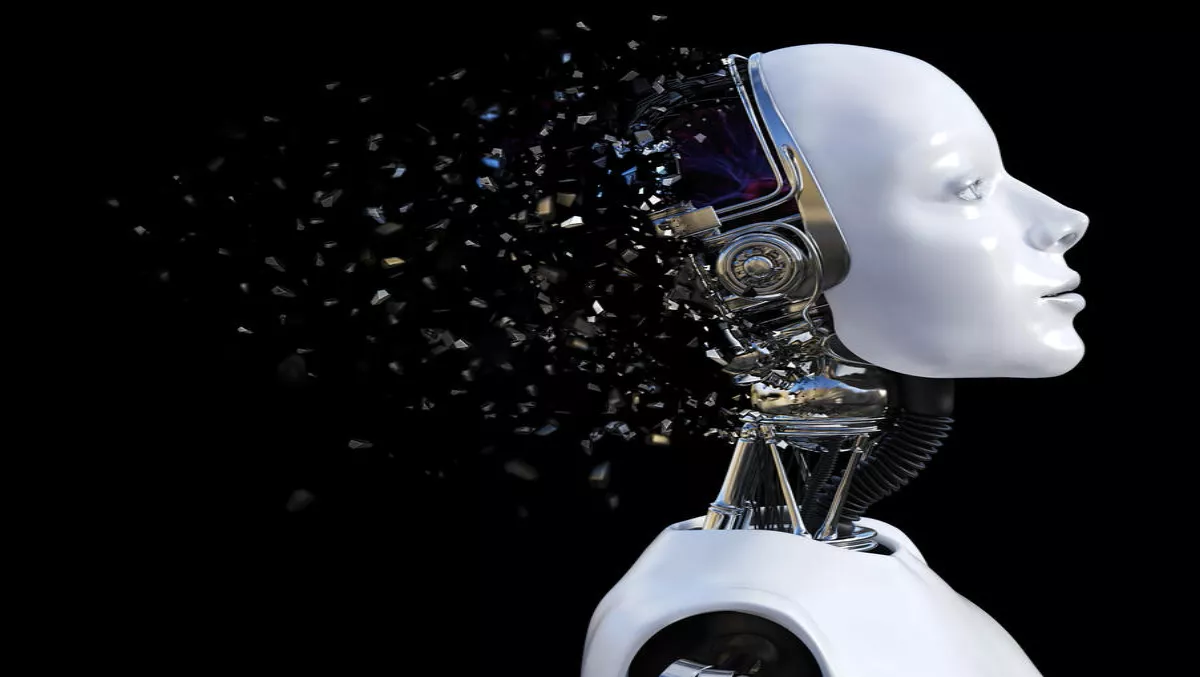The hype surrounding AI and machine learning have cooled ever so slightly.
Slowly, we're transitioning from talking about far-off science fiction projections to having meaningful discourse about realistic predictions of how to make our AI better.
Artificial intelligence and deep learning are moving from buzzwords to revenue-generating endeavours.
Already we're seeing massive leaps in progress in self-driving AI, with billions of miles tested by both Tesla and Google.
We're seeing AI-led hedge funds outperform quantitative firms led by humans by significant margins, which seemingly increase with each passing year.
70% of daily trading is entirely automated, which has prompted large layoffs.
AI reach is rapidly expanding.
But what can we expect from AI before 2017 becomes past?
What can we expect as we enter 2018? Although Elon Musk warns us that a driverless future is closer than we imagine, it's safe to assume that humans will be behind the wheel a few more years.
We can expect some major advancements in other areas, however.
Here are five things to expect from AI before the year is out
1. Adversarial neural networks A neural network is a collection of nodes. These nodes mimic our neurones. Essentially this artificial neural network is an attempt to copy of the human brain. Generative adversarial networks is an idea proposed by Ian Goodfellow, a former contributor to Google Brain and now a research scientist at OpenAI. In this model, one network generates data, and the other discriminates which data is real and which is generated. The generative network attempts to make the discriminatory network make a mistake. This way, AI can handle and learn from previously unlabeled data. The idea of duelling neural networks is already being heavily used by Facebook and could see wider adoption in the future.
2. Major strides in language processing Language processing has always been a major focus of AI systems. Whether you're rattling off commands to Siri, querying Cortana or musing to Alexa, it's clear that artificial intelligence has a long way to go. Communicating facilely to a machine through natural language may be a long way away, but we will most definitely see some key developments in this area this year.
Natural language processing is incredibly complex, but it is still of vital importance to many researchers, who continue to investigate language's intricacies and apply their understanding of it to algorithms.
3. AI in health-care will improve Healthcare is primed for disruption. Artificial intelligence applied to healthcare systems and healthcare delivery is in the process of revolutionising how we view medicine. Sense.ly, an app that provides chronically ill individuals with an AI nurse, is just one of the applications of AI in healthcare. We'll continue to see AI analysing big data related to cancer research, vaccine development and pharmaceutical testing.
4. Finance will experience further disruption Quantitative analysts, investors who base their predictions and actions on mathematical models, are being replaced by less erroneous machines. Many stock brokers have lost their jobs due to trading's automation. This is just the beginning of the disruption, however. Firms are developing smart software, “robo-advisors,” that can replace the role of a financial advisor.
5. Internet of Things (IoT) will be enhanced Cognitive Internet of Things (CIot) is an emerging approach to the IoT ecosystem. As everything barrels towards interconnectedness and constant online integration, massive amounts of data is being produced, which is going largely unutilised. These IoT architectures are becoming too unwieldy to manage and therefore we need self-learning technology that can reason independently. Devices that can self-diagnose and repair without human supervision. CIoT is quite new, so we can expect some considerable developments in the months to come.
Artificial intelligence is amazing, awe-inspiring and terrifying. Scientists and futurist entrepreneurs are quickly bringing a fully-automated world into reality, whether we're prepared for the consequences or not.
Predicting where AI will end up in 2017 is difficult, if not impossible, but we do have a few hints as to where the technologies associated with it are headed.
Competing neural networks may help us solve some of the unique design problems AI faces.
Healthcare and finance will be further disrupted as they have the best prospects of generating colossal profits for AI startups and enormous returns for venture capital firms investing in them.
IoT needs self-managing, self-correcting systems so it is likely we'll see Cognitive Internet of Things grow and, as a result, it will gradually become more refined.
Regardless of the changes, we happen to see, research into AI will continue and we'll see glimmers of its advancements in time.
Article by business writer Ellie Martin
